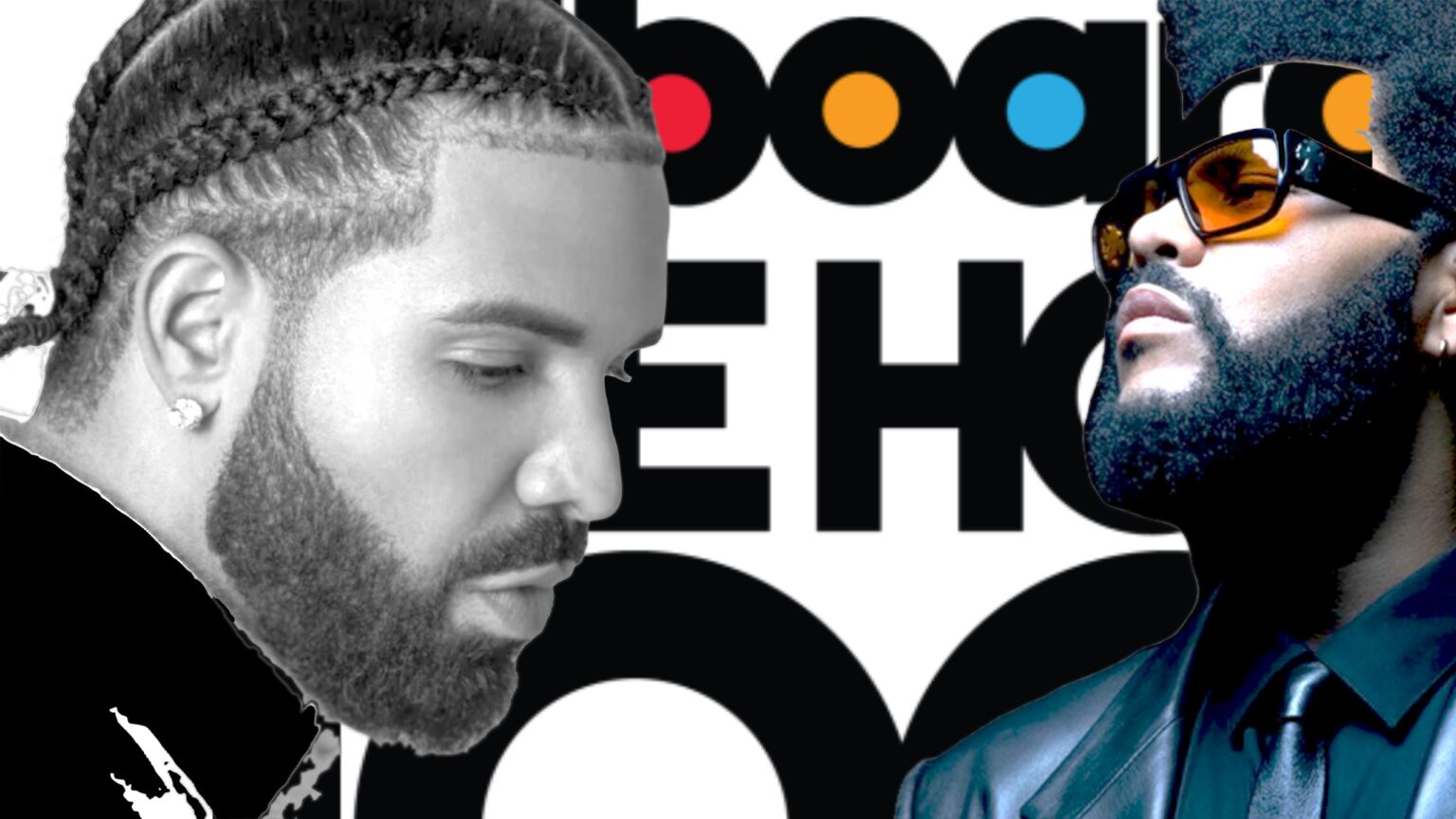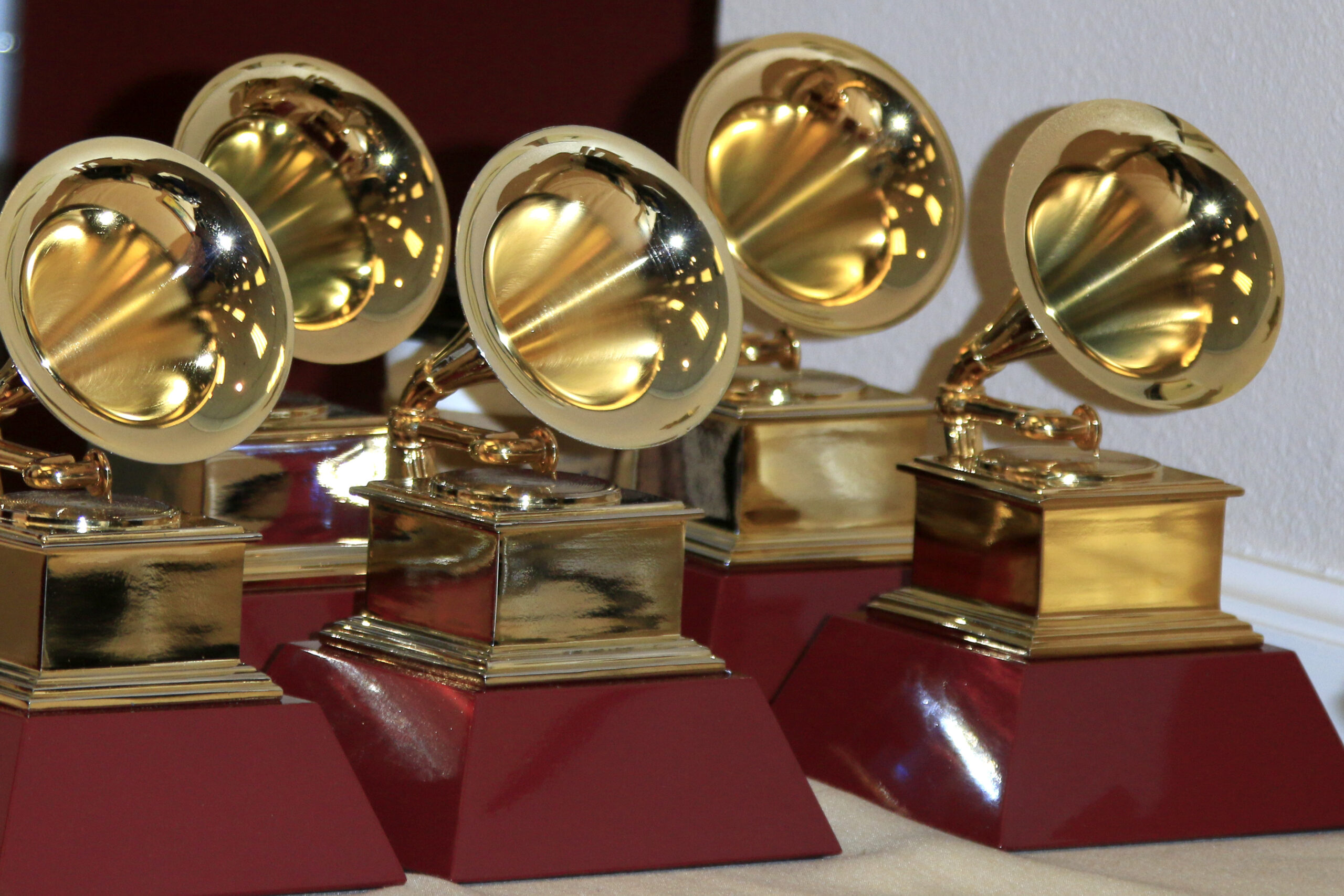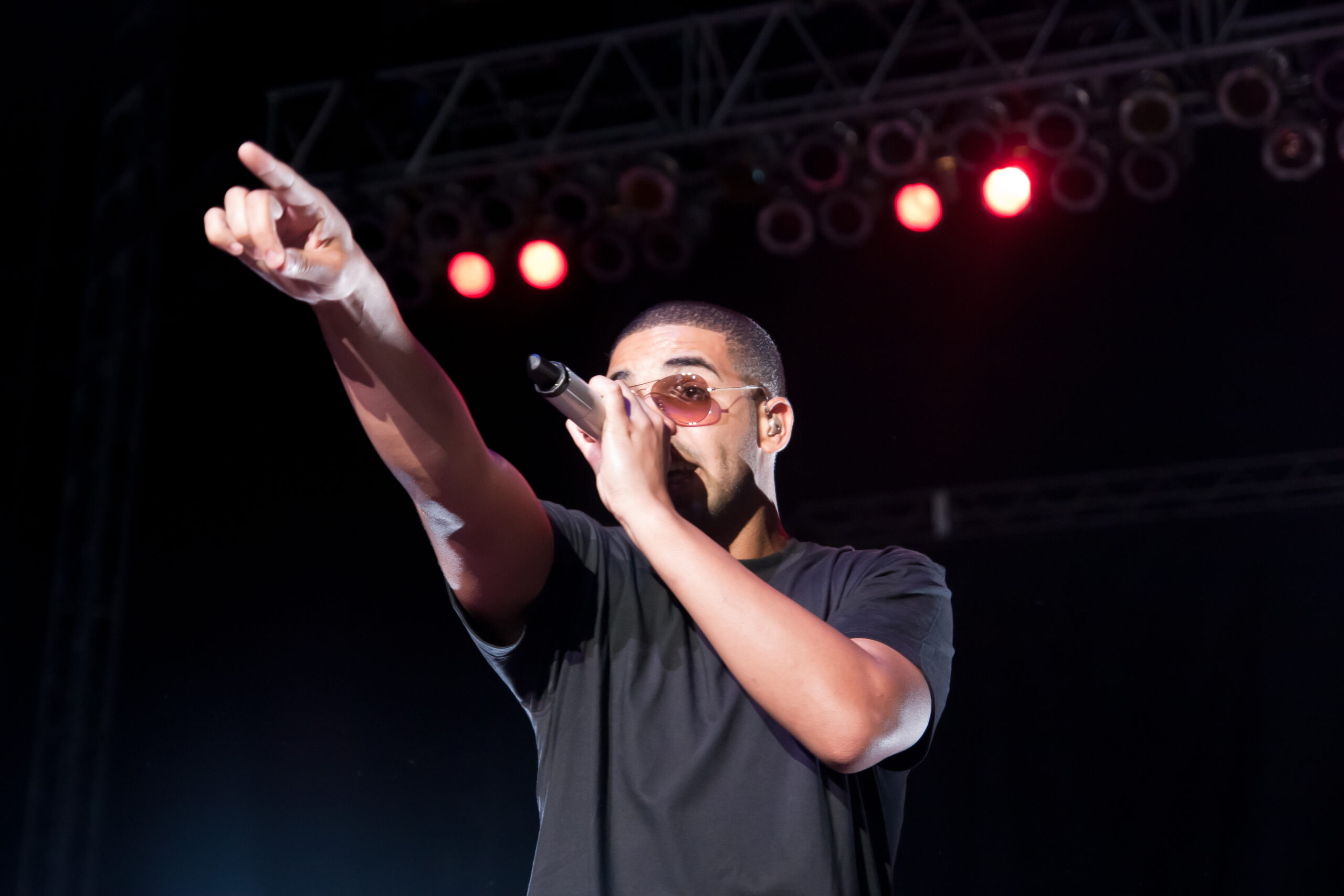The AI-generated song featuring the cloned voices of Drake and The Weeknd “is not eligible for Grammy consideration” after all, according to Recording Academy CEO Harvey Mason Jr.
The song “Heart On My Sleeve” was created by the artist known as Ghostwriter. Last week, the pseudonymous artist revealed they had submitted the track for the 2024 edition of the Grammys for Best Rap Song and Song of the Year, causing a stir.
In an interview with The New York Times, Mason suggested the song, which went viral after its release in April, would be eligible for the award in songwriter categories on a creative technicality. “…it’s absolutely eligible because it was written by a human,” he said.
Also read: AI-created Drake and The Weeknd Song Enters the Grammys, Causing Stir
Academy CEO backtracks on AI creations
Less than a week later, Mason Jr. is now singing to a different tune. In a video posted on Instagram recently, the Academy CEO clarified that the version of Heart on My Sleeve using AI voices that sound like Drake and The Weeknd “is not eligible for Grammy consideration.”
The story was first reported by Deadline. It is a circus, really. The same CEO gave the track the go-ahead only days earlier. Mason’s reasons for rejecting the song don’t mention its AI origins but rather focus on whether the voices were used legally, among other issues.
“I’m sorry, but I have to clear up some of this bad and really inaccurate information that’s starting to float around,” Mason said in the Instagram video.
“Let me be extra, extra clear: Even though it was written by a human creator, the vocals were not legally obtained, the vocals were not cleared by the label or the artists, and the song is not commercially available, and because of that, it’s not eligible,” he added.
Ghostwriter’s Heart On My Sleeve went viral on TikTok soon after its release in April, racking up 230,000 plays on YouTube and 625,000 plays on Spotify. But the song was pulled from streaming services such as Apple Music after it was revealed to have been created using AI.
Human artists first
While the track became an internet hit, Universal Music Group, which publishes both Drake and The Weeknd, said the distribution of its music, cloned with AI, to digital service providers like Spotify “represents both a breach of our agreements and a violation of copyright law.”
By April’s end, the company had sent emails to music streaming services including YouTube, Tidal, and Apple Music warning them that they “will not hesitate to take steps to protect our rights and those of our artists” over the use of AI-generated songs.
In his Instagram post, the Recording Academy’s Harvey Mason Jr. said that he takes “this [copyright, commercial distribution, legal consent, etc.] stuff very seriously.”
“It’s all complicated, and it’s moving, really quickly. I’m sure things are going to continue to have to evolve and change. But please, do not be confused. The Academy is here to support and advocate and protect and represent human artists, and human creators period.”
However, that is not stopping Ghostwriter. On Sept. 6, the artist released a new song using AI to mimic the voices of rappers Travis Scott and 21 Savage. The track is called “Whiplash” and has been posted to platforms like TikTok and Twitter, not streaming services.
Earlier this year, the Recording Academy addressed the controversial issue involving the use of AI in music creation, saying:
“Only human creators are eligible to be submitted for consideration for, nominated for, or win a Grammy Award. A work that contains no human authorship is not eligible in any Category.”











 and then
and then